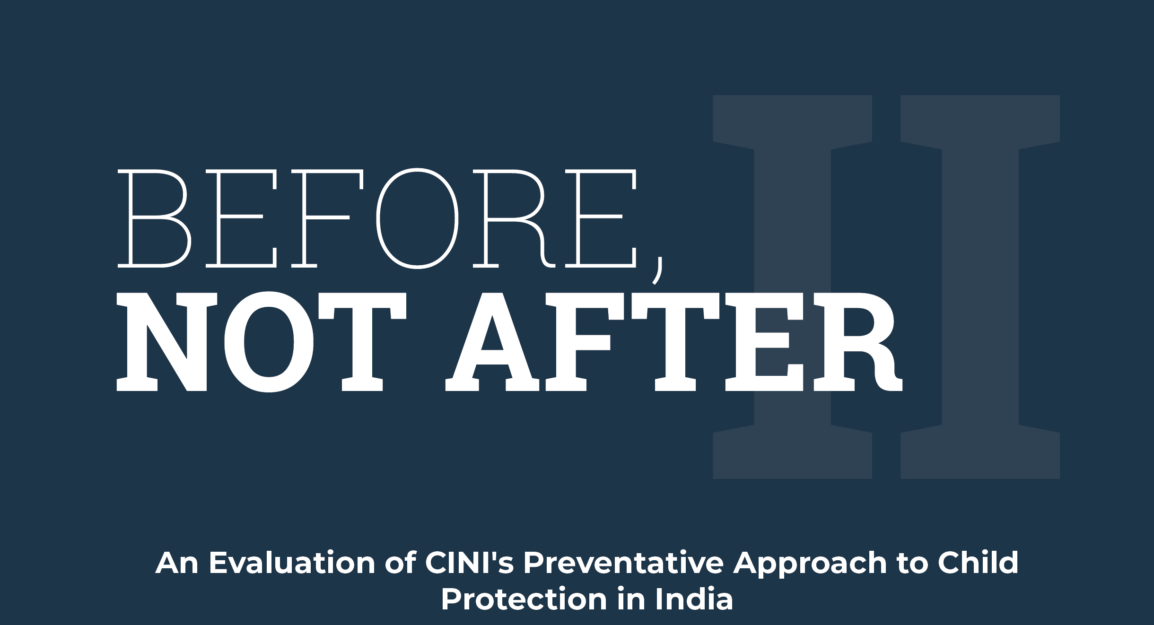January 13, 2020
For Immediate Release
A new FXB Center for Health and Human Rights at Harvard University report underscores the need for innovative community strategies to prevent serious violations of children’s rights.
The report, “Before, Not After: An Evaluation of CINI’s Preventative Approach to Child Protection in India,” authored by Elizabeth Donger and Jacqueline Bhabha, documents and evaluates the harm prevention work carried out by the children’s rights nonprofit Child in Need Institute (CINI) in the Murshidabad District, an area located in the eastern Indian state of West Bengal on the border with Bangladesh.
Most interventions intended to protect children globally are designed to begin after harm has occurred. A common strategy is the removal of children from places of exploitation followed by attempts to support their recovery and integration into society. This report describes a different “systems strengthening” approach to improve the overall functioning of child protection systems to prevent harm and violence against children.
Professor Jacqueline Bhabha, co-author of the report and Director of Research at the FXB Center for Health and Human Rights at Harvard University, considers development of a harm prevention approach to the protection of children an urgent task. “Across the world today, millions of children continue to be exposed to severe abuse, violence and exploitation because early risk warnings are ignored,” said Professor Bhabha. “As a global society, we should be paying much more attention to strengthening child protection systems before, not after, children are harmed. The Indian non-profit CINI’s work illustrates well the work that lies ahead.”
The study found that the organizing and facilitation work carried out by CINI staff, guided by a “systems strengthening” approach, significantly improved the functioning of the local child protection system in West Bengal. The study also documents success in preventing child marriages, engaging young people in social change, and generating buy-in for children’s rights among diverse stakeholders that would otherwise give little focus to these issues.
However, the study also demonstrated that communities rely heavily on CINI for organizational support, and that the potential impact of this model is limited by countervailing pressures, including pervasive poverty, entrenched gender bias, poor delivery of services and financial benefits, low uptake on welfare schemes and low returns to education.
The report authors argue that the prevailing focus on reactive responses to children’s rights violations urgently needs supplementing by creative, bottom up strategies that prioritize early engagement with known risky situations before, not after, devastating harm occurs. Greater complementary preventative investments by the state, private sector, and justice and law enforcement systems are also needed to further enhance child protection in India and accelerate the development of child-friendly communities across the country.
To read the report in full, click here.
###

